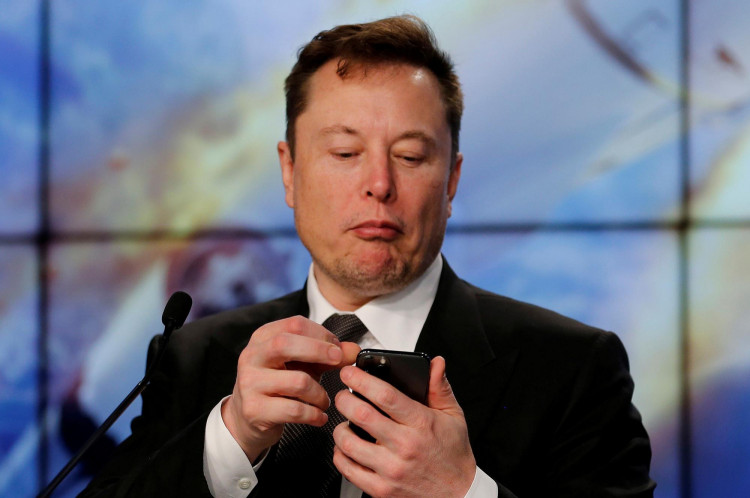Tesla's stock dipped as much as 2% on Tuesday after a Delaware judge reaffirmed a decision blocking Elon Musk's $56 billion performance-based pay package. The ruling by the Delaware Court of Chancery marked the second rejection of the controversial compensation plan, intensifying a legal battle over corporate governance at the electric vehicle giant.
The court's January decision declared Musk's 2018 pay package a "governance abomination," citing conflicts of interest and inadequate disclosures to shareholders. On Monday, the court denied Musk's motion to revisit the earlier ruling, stating Tesla could not simply "reset" its case by holding a second shareholder vote. Tesla responded in a post on X, stating, "The court's decision is wrong, and we're going to appeal." Musk added his own response on the platform: "Shareholders should control company votes, not judges."
The pay package, approved in 2018, tied Musk's compensation to ambitious milestones requiring Tesla to reach a market capitalization of $650 billion by 2028. At the time, Tesla was valued at approximately $60 billion. The package allowed Musk to earn up to 304 million stock options valued at $56 billion. Despite its initial approval by shareholders, Judge Kathaleen McCormick's ruling highlighted conflicts of interest among Tesla's board members who negotiated the terms. McCormick described the process as "deeply flawed," emphasizing that shareholders had not been provided with critical information.
In June, Tesla held a second shareholder vote, which overwhelmingly reaffirmed the package. Tesla chair Robyn Denholm defended the decision in a letter, writing, "We want those ideas, that energy, and that time to be at Tesla, for the benefit of you, our owners. But that requires reciprocal respect." The court, however, criticized the second vote, arguing Tesla misled shareholders by suggesting the new vote could override the initial ruling.
The ruling has raised questions about Tesla's governance and the board's oversight of Musk. Critics have pointed to the close relationships between Musk and board members, with some having long-standing personal and professional ties to the CEO. Institutional investors have also raised concerns about the package since its inception. Proxy advisory firm Institutional Shareholder Services called the deal "staggering" and questioned whether it aligned Musk's incentives with long-term shareholder value.
Tesla's stock has seen significant gains this year, rising more than 40% despite mixed operational results. Analysts have noted weaknesses in Tesla's recent performance, including a 4% decline in EV sales in China in November compared to the prior year. JPMorgan analysts warned of a "growing gap between fundamentals and valuation" at Tesla, suggesting the company may face its first-ever year without year-over-year growth in deliveries.
Wedbush analyst Dan Ives expressed confidence that Tesla's board would find a way to retain Musk, writing, "Musk is Tesla, and Tesla is Musk. One way or another, the board will secure Musk's position as CEO through 2030."
Musk's reduced stake in Tesla, which has fallen from 22% to 13% following stock sales to finance his acquisition of Twitter, adds another layer of complexity to the ongoing dispute. Musk has previously hinted that he could leave Tesla over compensation issues, raising concerns about leadership stability at the company.




